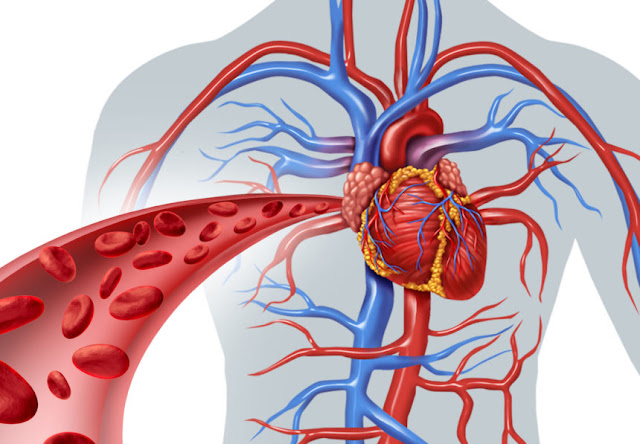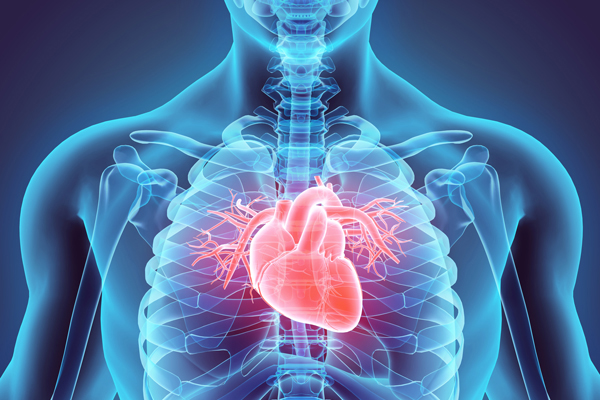What Happens When Heart Is Damaged Due to Cancer Treatment

Cancer patients all over the world are getting better treatment for Cancer , thanks to the researchers working to find better medications for it. With the currently available cancer treatments, many patients face the risk of developing other disorders as side effects. Among these, one category is that of heart disorders. We are here to help you understand what really happens when the heart and its surroundings get affected by cancer treatment. Cardio-oncology addresses the patients who are either currently receiving cancer treatment or have received in the past and are at a risk of damage to the heart leading to cardiovascular problems. Who Can Get Affected? Patients who have had CVD or were at risk prior to cancer treatment could have it exacerbated by the treatment or even the cancer itself. Other cancer patients can also get affected as a result of the radiation or chemotherapy treatment received by them. This is especially true for those who have been treat...


